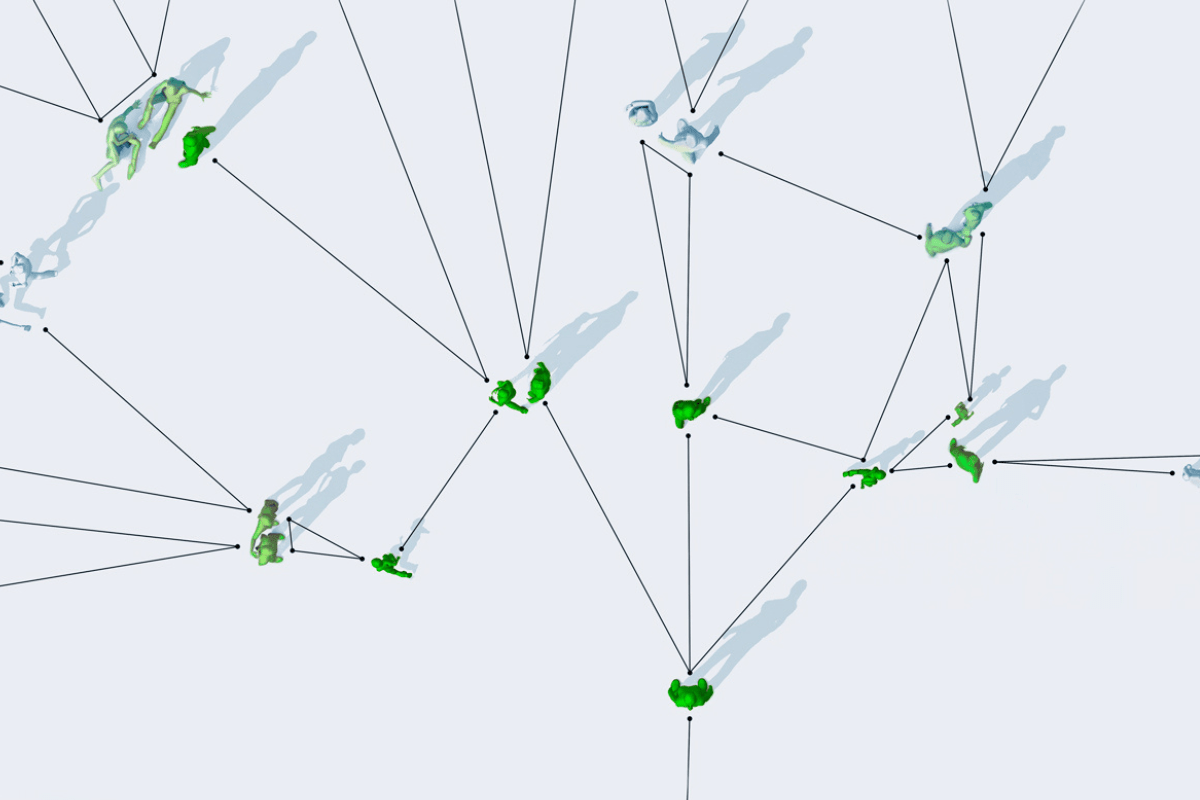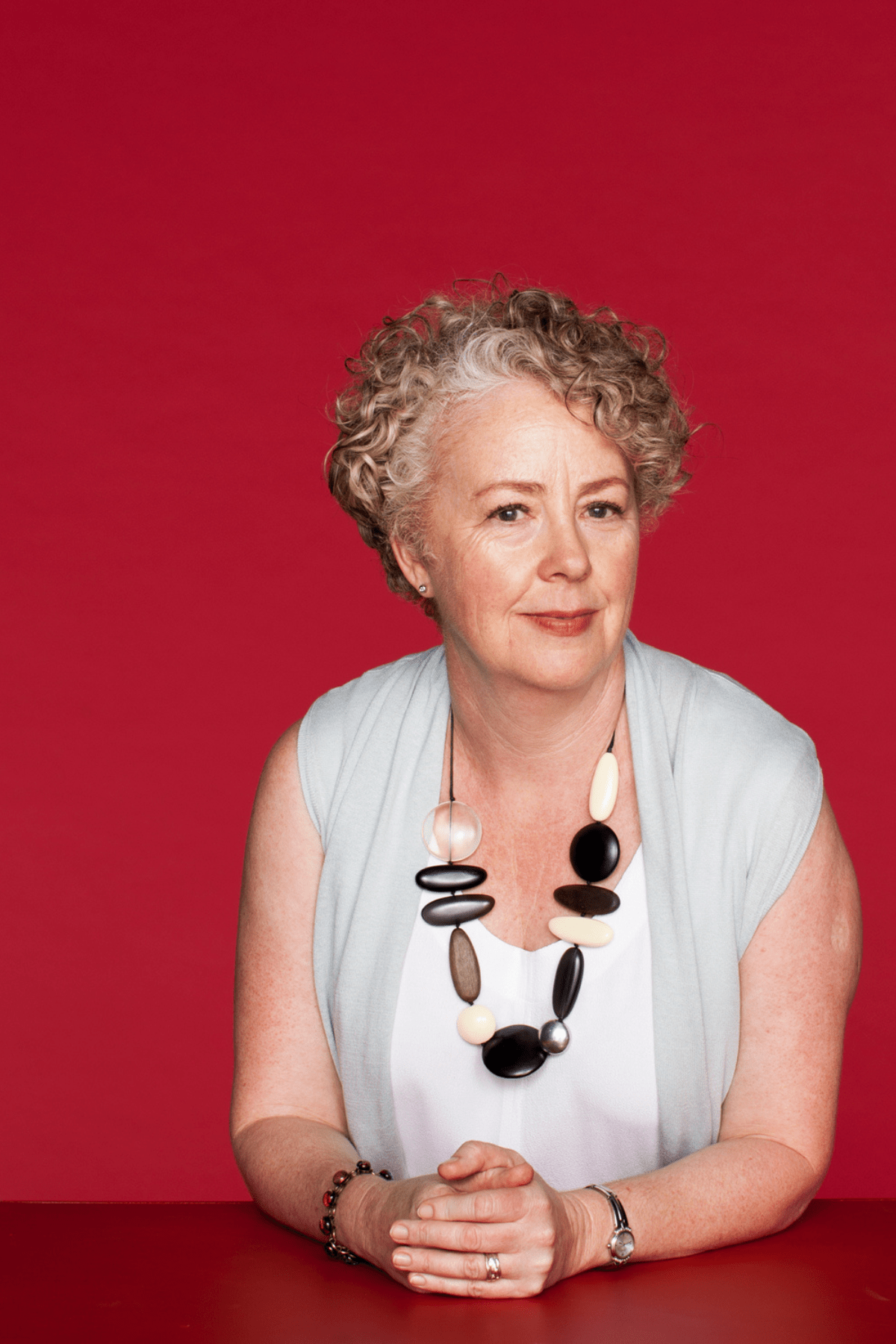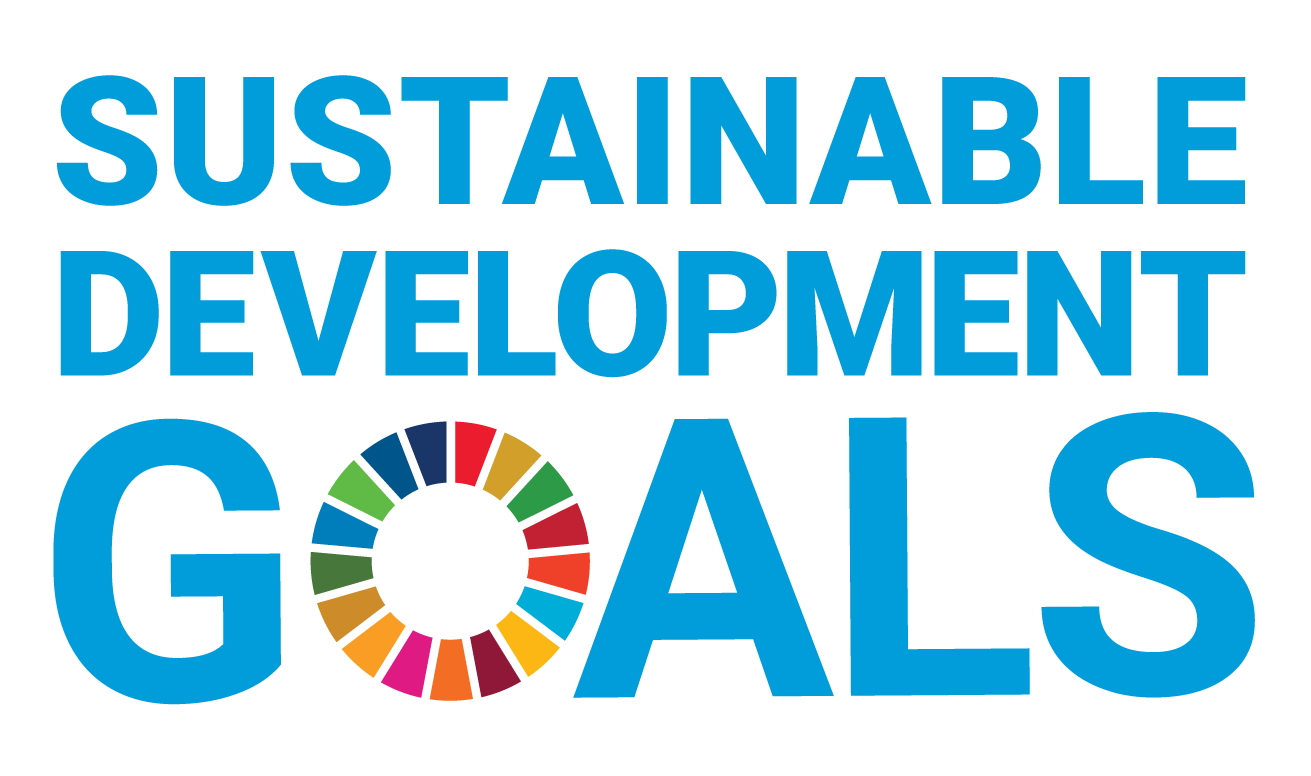You can search for courses, events, people, and anything else.
In the realm of gendered health and feminist psychology, Professor Jane Ussher at Western’s Translational Health Research Institute is renowned. But her initial foray into the field was a bumpy one.
As a teenager growing up in the United Kingdom, Ussher would spend summers visiting family in Ireland. "My grandfather had the works of Sigmund Freud in his bookcase," she recalls. "I didn’t read them in great depth, but I thought they were really interesting and that made me decide to do a psychology degree."
Studying the subject at university, however, proved to be a challenge. The course was much more scientific than she had expected, and Freud’s work was breezed over in just two lectures. "I was completely appalled," admits Ussher, who tried to switch her major to English literature after the first semester.
She wasn’t allowed to, which upon reflection, Ussher says "was incredibly fortunate because I’ve made psychology my life." Now, more than 40 years on, she has blazed a glittering career path in the field of critical health psychology — having published more than 300 academic articles, presented more than 150 conference papers, written 13 books, and led numerous organisations. Ussher was also awarded the Ann Voda Lifetime Achievement Award from the Society for Menstrual Cycle Research in 2023.
Need to know
- Jane Ussher is a leading authority in the field of sexuality and reproductive health.
- Her research has resulted in a greater understanding of premenstrual distress and the development of psycho-educational interventions for it.
- She led the 2019-2023 'Out of Cancer' study that shed light on the experiences of LGBTQI+ cancer patients.
"There’s a lack of support for many women."
MENSTRUATION, NOT MADNESS
For Ussher, the turning point came in her third year of university, when she came across a 1973 paper on premenstrual syndrome (PMS) written by the eminent feminist psychologist, Mary Brown Parlee. "Menstruation has historically been used as an excuse for excluding women from flying planes, and for women not becoming doctors, among many other things, and Parlee really deconstructed all the scientific evidence behind these myths," says Ussher.
"Reading her paper was the most exciting moment of my whole undergraduate life, because it really spoke to me and to my own experience," she says. "In that moment, I thought: 'I want to do a PhD on this', which all my friends thought was hilarious because I wasn’t particularly studious."
Ussher went on to pursue a PhD at the University of London in 1983. A job opportunity brought her to Australia in 1998. "I thought I’d come for a year and see whether I liked it. I fell in love with Sydney and I’m still here," she says with a smile.
Ussher’s research over the years has led to a greater understanding of the menstrual cycle and, in particular, premenstrual distress. She’s helped develop various therapies to treat severe cases of premenstrual distress. The key, she says, is recognising that the reproductive body is only one part of the equation; women’s life stresses, relationships and the way distress is labelled also need to be considered.
"It’s actually what women expect of ourselves and the pressures that are put upon us. There’s a lack of support for many women," she explains. It’s an issue that’s close to Ussher’s heart, stemming from her teenage years, when her mother was hospitalised for depression and given electro-convulsive therapy as well as "huge cocktails of drugs".
"My mother was positioned as mad, as having post-natal depression, but actually if you look at her life situation — four children, no family support or friends, and no personal income because my dad didn’t want her working — it was understandable that she was distressed," says Ussher, who was 13 at the time and stepped in to care for her younger siblings. "I was very angry about it, but also I wanted to understand how women are treated within the mental health system in a way that’s often very gendered and misogynistic."
Ussher believes there still isn’t enough attention given to women’s reproductive health experiences. She continues to work on the closely intertwined issues of reproductive and mental health and has led a series of projects to identify the sexual- and reproductive-health experiences of marginalised groups, including trans women, and migrant and refugee women.
DIVERSE EXPERIENCES
Some 20 years ago, Ussher transitioned into a new area, bringing her expertise in sexual reproductive research into the cancer space. She has led a series of Australian Research Council (ARC) projects on the gendered experiences of cancer carers, sexual changes experienced post-diagnosis, and fertility concerns after cancer.
Cancer research used to be largely quantitative, but Ussher’s team has been conducting mixed-methods research, including surveys, interviews, and photovoice, to document people talking about their own lived experiences. This research has been used to develop educational materials for a series of Cancer Council patient information books that are now in their fourth iteration.
More recently, Ussher led the ARC-funded 'Out with Cancer' study aimed at understanding lesbian, gay, bisexual, transgender, queer and intersex (LGBTQI+) experiences of cancer and cancer care.
"People have told us that in very traditional health settings, like a cancer centre, this community doesn’t necessarily feel included and welcomed," says Kim Hobbs, an oncology social worker at Sydney’s Westmead Hospital, who has collaborated with Ussher on a series of projects. The team conducted more than 750 interviews and surveys with LGBTQI+ cancer patients and their caregivers, to better understand the challenges they face. They also interviewed health care practitioners, and discovered "there’s actually a really big appetite from healthcare professionals to find out how they can be more inclusive of all their patients," says Julie Rae, a policy and advocacy officer at Breast Cancer Network Australia (BCNA).
"Previously there were some small-scale studies looking at specific tumour types that were not necessarily in the Australian healthcare context, so there was a little bit of information here and a little bit there," says Rae. "But Jane’s study is really comprehensive and will lead to material improvements in the experiences of LGBTIQ+ people with cancer and their carers."
The team translated their findings to produce a wide range of patient support materials — information sheets, podcasts, an app, videos for the BCNA website — as well as an 82-page book produced by the Cancer Council NSW, which Ussher describes as "the most comprehensive booklet internationally on the topic of LGBTQI+ cancer to date." They’re now working on developing practice guidelines for clinicians working with LGBTQI+ cancer patients, and online training for health care practitioners.
"You can have great research, but often, it’s hard to get that translated into real change," says Rae. "The great thing about Jane and her team is that they’re really dedicated to using this research to create meaningful and enduring change in cancer care."
Hobbs, who has been working with Ussher for more than 20 years, adds: "There’s been an acceptance of Jane as an expert in those aspects of cancer care that some clinicians find it hard to get their heads around."
Credit
Future-Makers is published for Western Sydney University by Nature Research Custom Media, part of Springer Nature.
© Christoph Burgstedt/Science Photo Library/Getty
© Mixmike/E+/Getty
© Virojt Changyencham/Moment/Getty






